In Vietnam, developing the cultural industry is also considered one of the important priorities, but there are still many challenges and barriers.
Cultural industries play an important role in preserving, promoting and fostering cultural diversity, while making significant contributions to the economic development of countries.
The importance of developing cultural industries
Cultural industry is understood as the process of applying scientific and technological achievements, along with business skills, using creative capacity of cultural capital to create cultural products and services, meeting the needs of consumption and cultural enjoyment of people.
Nowadays, in the integration trend, the cultural industry increasingly affirms its important role in preserving, promoting, fostering cultural diversity and making great contributions to the economic development of each country.
 |
| Korean girl group Blackpink performs in Vietnam. (Source: Blackpink) |
According to the United Nations report on the creative economy, in 2023, the total share of cultural industries will account for about 2.9% of global GDP.
Specifically, data from the UK Office for National Statistics shows that creative industries, including cultural industries here, account for about 5.9% of GDP; the German Federation for Creative Industries says that cultural and creative industries in Germany account for about 5.5% of GDP.
According to a report by China's Ministry of Culture and Tourism, the country's cultural and creative industries account for about 4.5% of GDP, while figures from South Korea's Ministry of Culture, Sports and Tourism also show that the cultural industry accounts for about 4.5% of GDP.
In the United States, creative industries such as film, television, music, performing arts... account for about 4.3% of GDP (according to research by the US Department of Commerce).
To achieve remarkable development in the cultural industry, countries such as the UK, Germany, South Korea, China, etc. have made strong investments in high-tech infrastructure with creative and professional human resources.
In particular, the Governments in these countries have enacted appropriate legal policies with active support programs such as providing financial resources, tax incentives and other mechanisms.
In addition, these countries also focus on investing in a number of prominent cultural industrial clusters, producing and distributing national cultural products, attracting investment resources and promoting the strong development of the cultural industry.
In Vietnam, the viewpoint on developing cultural industry was formed at the 6th Congress of the Communist Party of Vietnam in December 1986 and continued to be mentioned in documents and resolutions of Party Congresses.
At the 13th National Party Congress, the issue of developing cultural industry and promoting the soft power of Vietnamese culture was affirmed as one of the important contents for Vietnamese culture and people to truly become endogenous strength, a driving force for national development and national defense.
At the 2021 National Cultural Conference, the late General Secretary Nguyen Phu Trong also emphasized the requirement: “Building a digital cultural environment suitable for the digital economy, digital society and digital citizens, making culture adaptable and regulating the country's sustainable development in the context of the Fourth Industrial Revolution. Urgently develop cultural industries and build a healthy cultural market.”
Lessons for Vietnam
It can be seen that after nearly 40 years of innovation with cultural development policies, the cultural industry in Vietnam is gradually expanding and diversifying with main industries such as: publishing, cinema, television, music, performing arts, tourism, advertising, games, software, design, handicrafts...
UNESCO, the British Council, the Goethe Institute, the Danish and Swedish embassies, etc. have also provided advice to help Vietnam improve its understanding and awareness of the development of cultural industries in social life.
Vietnam is a country with a rich and diverse cultural heritage, from historical relics, traditional arts to unique cultural features of ethnic groups.
However, according to cultural researchers, the role and great potential of the cultural industry have not been properly assessed, so support and incentive policies for the industry are still inadequate and ineffective.
Associate Professor Dr. Nguyen Thi Thu Phuong, Director of the Vietnam National Institute of Culture and Arts, shared: "Vietnam has many materials but still does not have world-class cultural products due to lack of appropriate investment.
We have learned from the experience of all the countries in the top 5 countries in terms of soft power that it is necessary to select and transform cultural soft resources into cultural soft power. At this time, if we prioritize choosing to learn a model, Vietnam should refer to the experience of Korea."
According to Ms. Nguyen Thi Thu Phuong, before creating the Korean cultural wave, this country had just experienced an economic crisis and they chose to develop content industries (cultural industries), focusing on KPop, TV dramas, games and maximizing their very good technology platform.
After Kpop became a Korean brand, the country continued to take advantage of the Korean wave to expand to the world, but focused more on interactive products in the digital environment such as webtools, manhwa, and character comics.
Therefore, Vietnam needs to refer to the way the Koreans calculated in the first stage to consider which cultural soft resources are necessary and focus on solving the problem of transforming them into cultural soft power.
It can be said that in our country there are still many barriers to the development of cultural industry, the production and distribution capacity of enterprises in this field is also limited.
Many small units lack capital, technology and management experience, making production and product marketing difficult.
The system of distribution, marketing and promotion of cultural products has not been strongly developed; The domestic consumption market for Vietnamese cultural industrial products has not been fully exploited.
People's demand and purchasing power for these products are not high, while competition with foreign cultural products still faces many challenges.
The core problem is that investment in cultural development, including the cultural industry, remains low. The state budget for this sector is not large enough, while attracting private investment into the industry faces many difficulties due to policy and mechanism barriers.
Although cultural identity is rich, diverse and distinctive, Vietnamese cultural industrial products still lack uniqueness, lack applicability, and are still limited in expression, failing to highlight cultural identity.
Therefore, the products of this industry have not met the increasing demand for cultural enjoyment and consumption of the domestic and international markets. Therefore, the domestic cultural market is being invaded by cultural industrial products from cultural powers in the same Asian region as Vietnam such as Korea, Japan, and China.
Globalization is happening so quickly that vulnerable cultures are unable to adapt and protect their identity.
Vietnam currently does not have a clear legal framework to manage and control the business of cultural products, and lacks legal documents clearly defining the role of state management, responsibilities and powers of ministries, branches and localities in implementing state management of cultural industries.
This leads to an increase in poor quality cultural products and copyright infringement. In addition, many cultural industry businesses, for economic gain, create works that are mediocre in form, even with bad, toxic, and incorrect content, affecting traditional values and distorting the perception of consumers, especially young people.
 |
| Audience attending the Monsoon International Music Festival in Hanoi. (Source: Organizing Committee) |
German philosopher Theodor W. Adorno (1903-1969) - who first used the term "cultural industry" in 1944, warned about the downside of pursuing pure interests.
He believes that the cultural industry is a product of capitalism, and scholarly cultural works will be turned into popular culture; thereby, it is easy to eliminate human creativity, leaving only stereotypes, satisfying trivial entertainment tastes.
It is undeniable that cultural industries are strategic assets in foreign policy and international cooperation, helping to strengthen national uniqueness and playing a key role in promoting cultural identity; at the same time, they are effective tools for economic growth and innovation.
The issue of cultural development and cultural industry has also received special attention from our Party and State, but there are still many challenges and limitations that need to be resolved.
In the immediate future, it is necessary to build a suitable legal framework to promptly correct errors in the development process of the cultural industry, ensuring consistency and harmony between cultural policies and other policies such as education, economy and society, thereby creating a healthy business and trade environment for the development of the cultural industry.
Most importantly, in the process of developing cultural industries, special attention must be paid to avoiding conflicts between the goals of preserving and promoting traditional cultural values and promoting economic and commercial development.
Source: https://baoquocte.vn/cong-nghiep-van-hoa-dung-chay-theo-thi-hieu-tam-thuong-280991.html








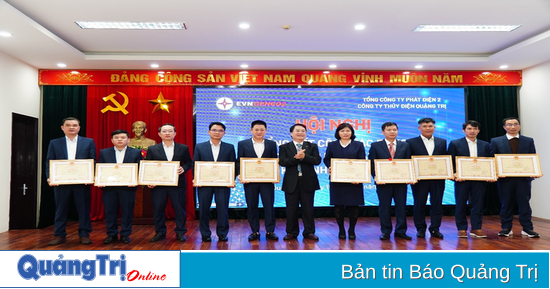





























![[Photo] Prime Minister Pham Minh Chinh chairs Government Conference with localities on economic growth](https://vstatic.vietnam.vn/vietnam/resource/IMAGE/2025/2/21/f34583484f2643a2a2b72168a0d64baa)





























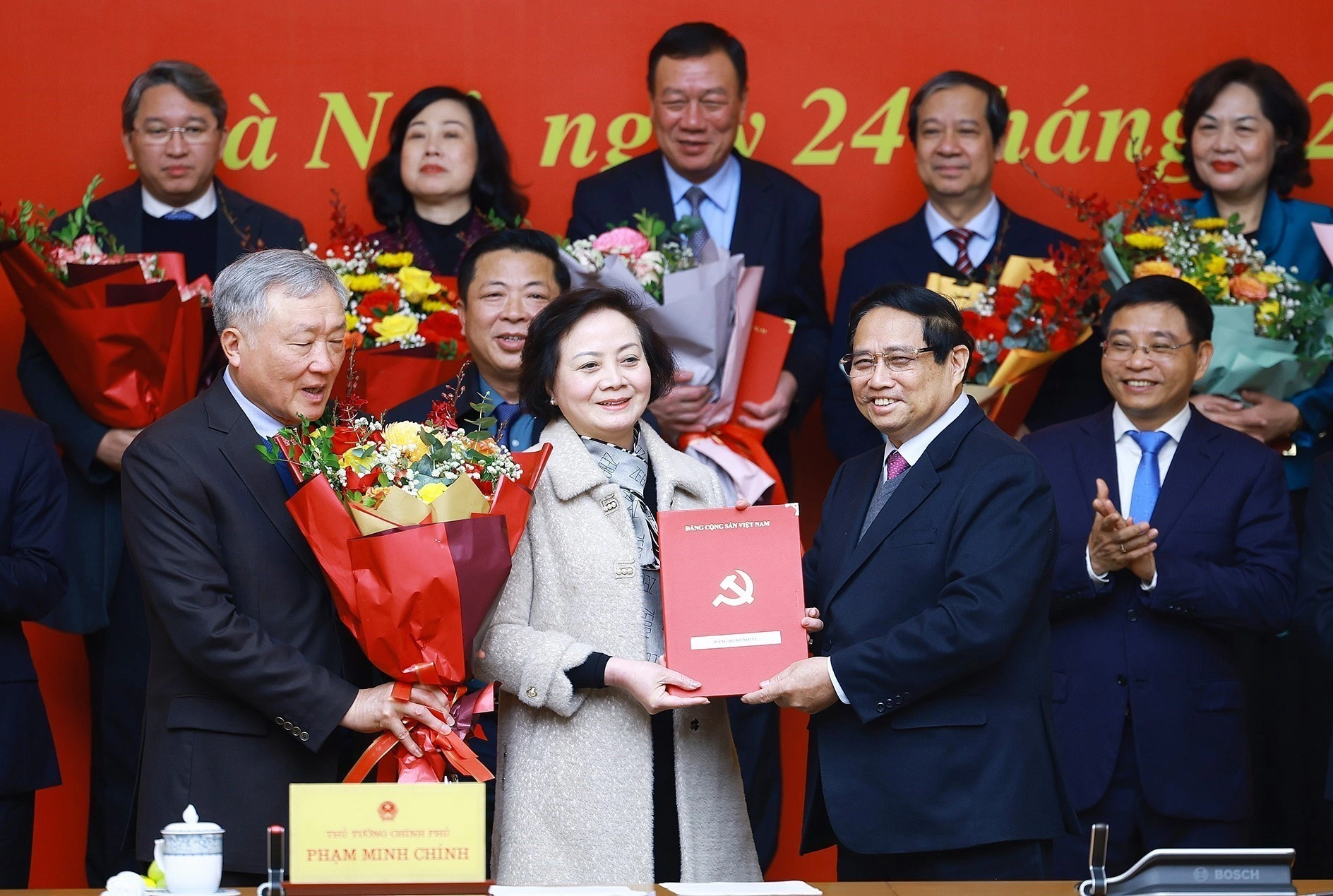
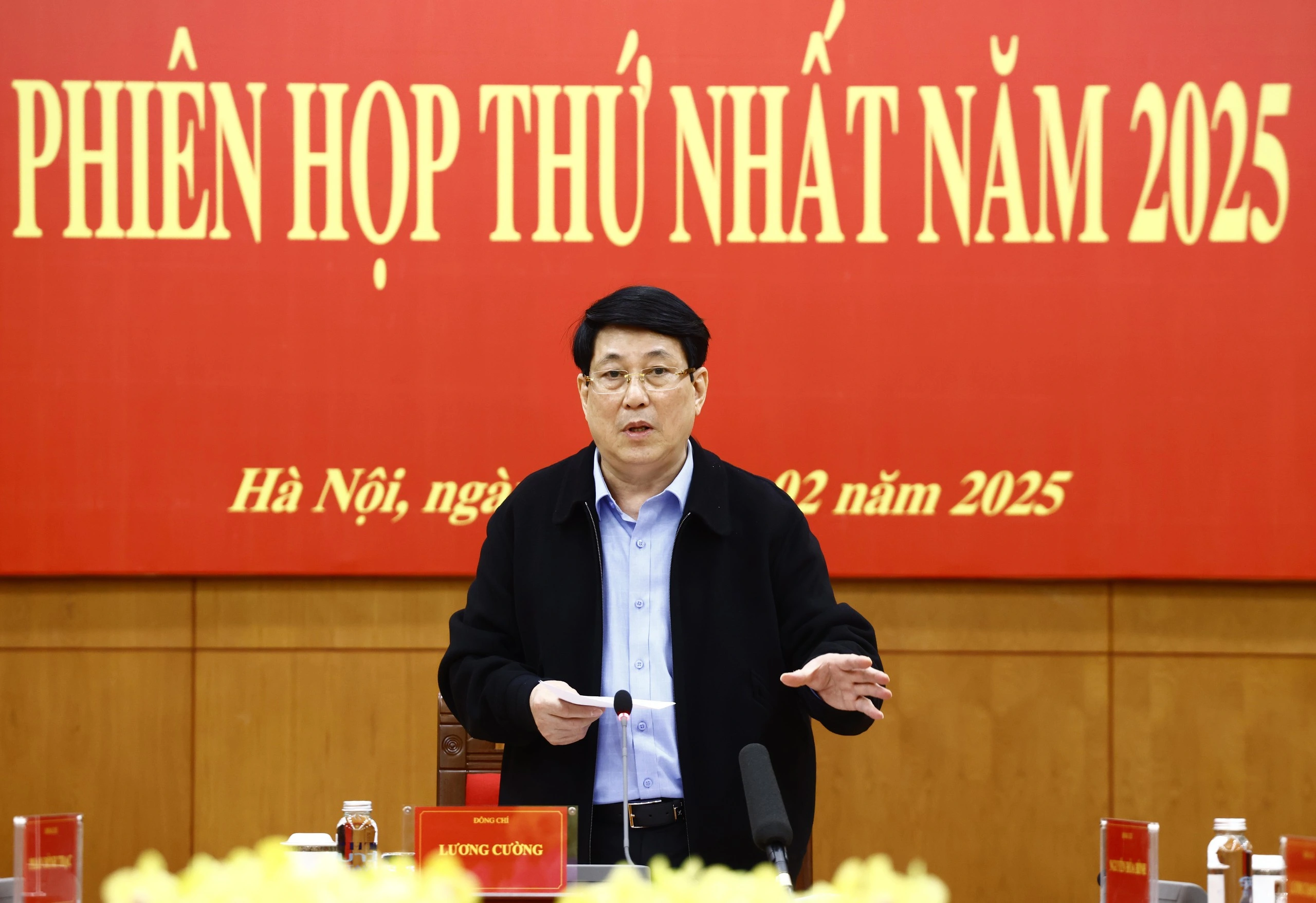





















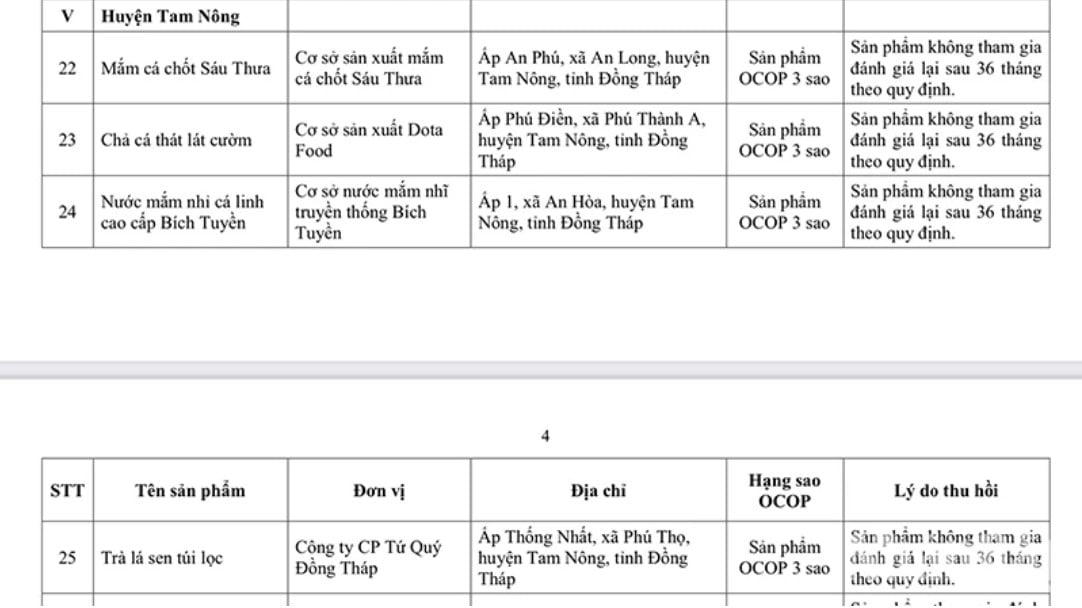


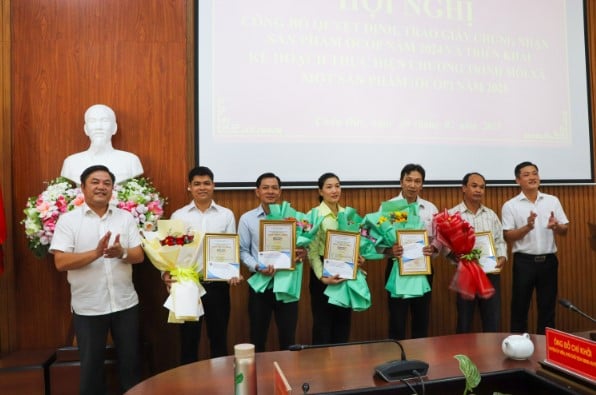

Comment (0)